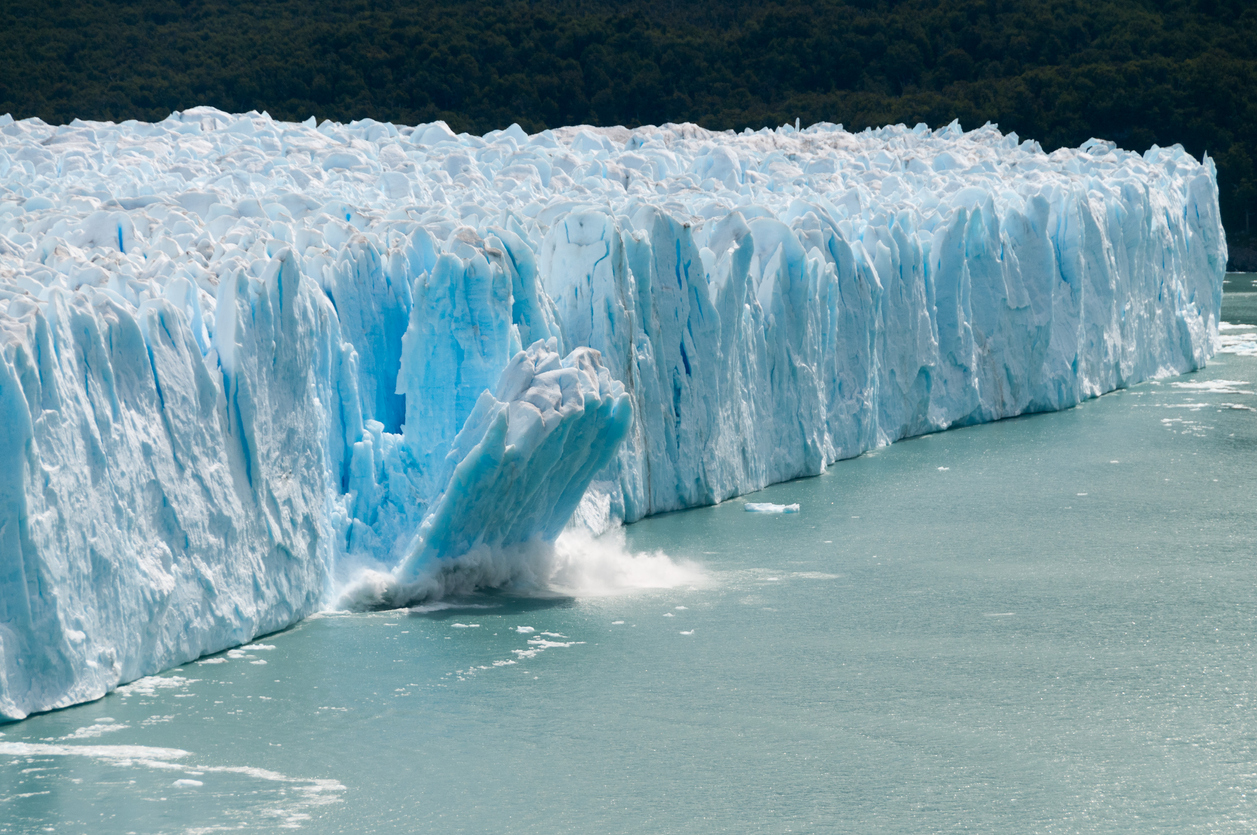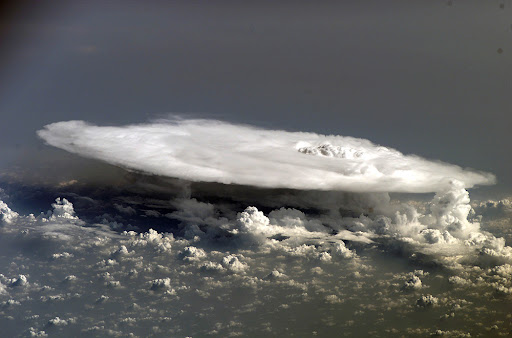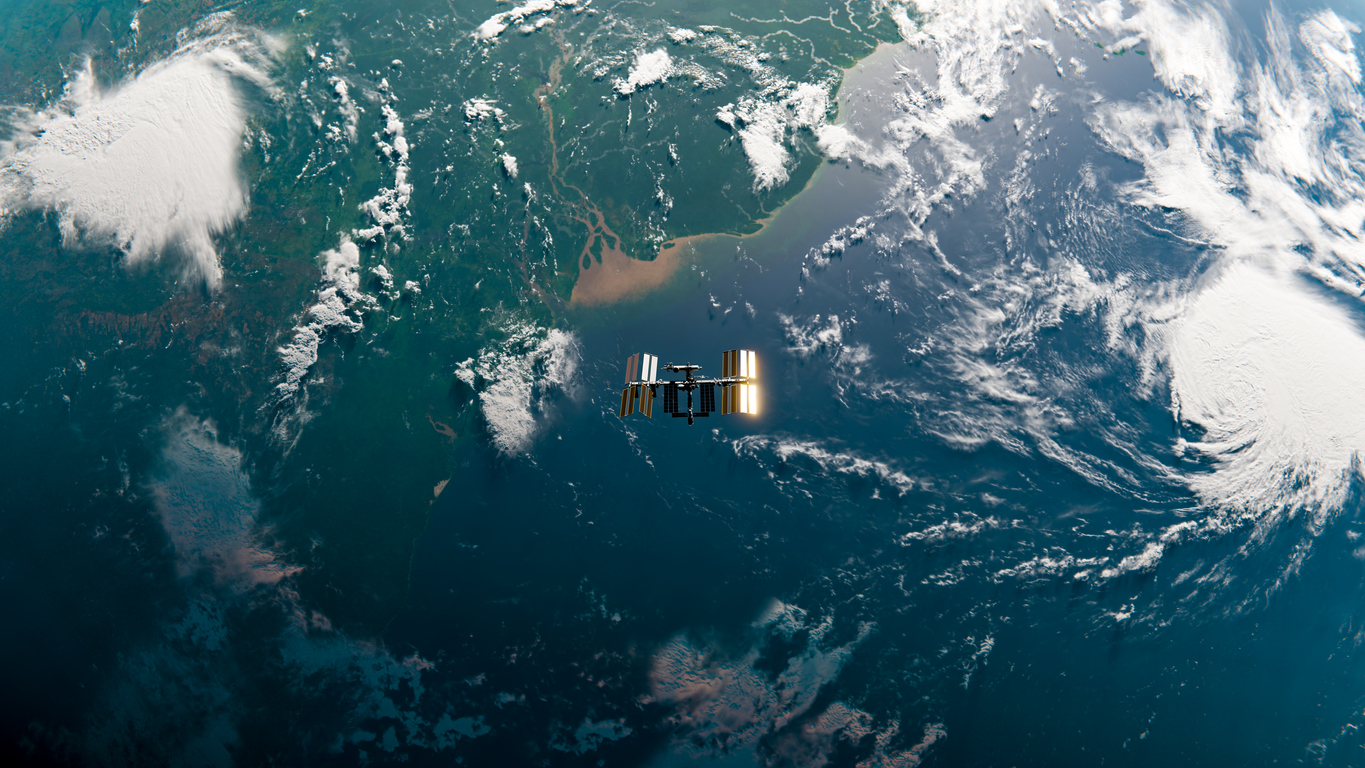Climate Change - Are there causes for optimism?

Posted on 03 Dec 2022
Artificially adding Carbon Dioxide to our atmosphere is nothing new. It is estimated that our pre-sapien ancestors started controlling fire approximately one million years ago. With the widespread use of fire being adopted by modern humans around 125,000 years ago. In these ancient times, the impact of human activity on climate change could be seen as negligible. It has only been with the advent of new, fossil-fuel burning technologies during the industrial revolution that our environment has faced a constant and unrelenting impact from human activity.
As we have described in previous articles, the challenges posed by climate change are immense. The rising global temperatures and changes to weather patterns are impacting us in a host of ways. However, unlike the 1970s, we are both fully aware of the challenges we are facing, and critically, are making fundamental changes to our infrastructure.
Growth of the Climate Change Movement

Climate change was not seen as a threat for many years, with the first UN Environment Conference taking part in 1972 concentrating on environmental pollution, and hardly mentioning the impact of Co2 on the environment. It was not until 1975 that the term ‘Climate Change’ was first used by Wallace Broecker. In 1992, during the Earth Summit in Rio de Janeiro, the first fledgling government agreements were made on climate change.
Fast forward to today, in just a few decades governments, organizations and individuals have come together to dramatically change the way we understand energy production, waste management, agriculture and the directions new technologies are taking. We are witnessing a focussed, orchestrated and synchronized climate change movement that is bringing together the world’s population in ways that would have been completely alien just a few decades ago.
The zeitgeist of the decade we inhabit has given the young generation a platform to have their views heard on a global stage. Greta Thunberg, the activist who started her journey by persuading her parents to adopt a carbon neutral lifestyle has gone on to be nominated for three Nobel peace prizes. The ‘Greta Effect’ has been seen to put climate change issues at the forefront of political debate, government policy and corporate strategy.
Other ‘celebrity’ activists include Sir David Attenborough, who uses his unique ability to communicate his sixty years of acquired environmental knowledge and first-hand experience in highlighting the impact of human activities on our environment and climate.
There are also a number of creative environmental activists who are not so famous, though are helping build a deeper knowledge of the multitude of issues the environment is facing. For example award-winning Kenyan environment activist Elizabeth Wanjiru Wathuti founded the Green Generation Initiative which has planted over 30,000 tree seedlings in Kenya and encourages young people to discover and care for nature.
Moldova-based Ecaterina Lutisina bridges the gap between mental health, animal rights and the climate crisis. She co-founded the Extinction Rebellion Branch in Moldova, and has organized protests, lectures, flash mobs and tree-planting initiatives to help bring the environment to the forefront of people’s attention.
It is known that if we make no changes to the amount of CO2 being released into our atmosphere, global temperatures will rise between 2 and 4 degrees Celsius by the end of the century. Changes of this level would be catastrophic to our environment - the water released by melting ice sheets in Greenland and Antarctica would flood most global coastal cities.
Storms, drought and flooding would cause extinctions, and impact the health of the world’s population. The lack of drinking water would make areas of the planet uninhabitable.
It was thought that the global Covid-19 pandemic would push the efforts towards tackling climate change out of people’s minds. However a study by the Yale Program has shown that among populations surveyed in 30 countries around the world, 60 percent now want more information about climate change. There were also significant majorities in most countries surveyed saying that they are aware that climate change is happening, and are actively worried about the consequences of too little action.
Countries have been evaluated on 24 different performance indicators to create the Environmental Performance Index (EPI). These indicators were divided into ten different areas with a particular focus on environmental health and ecosystem viability. According to this index,
Denmark is the world’s most environmentally conscious nation. Denmark has created a focus on building eco-friendly hotels, solar-powered vessels, consuming organic food, improving air quality, biodiversity and habitat.
Luxembourg has been shown to be one of Europe’s most biodiverse countries. Despite growing GDP and population, Luxembourg has lost virtually no grasslands, and has effectively promoted ecosystem diversity.
Record Breaking Year for Renewables
According to a recent study by the International Energy Agency, renewables will account for about 95% of growth in global power-generation capacity up to the end of 2026. This year has seen a growth of 290 Gigawatts, mainly solar and wind, the largest increase in new renewable energy installations for any year. It is estimated that the energy generated from renewable energy sources will supersede both nuclear and fossil fuels combined by 2026. This will mean that renewables will generate almost a third of the world’s energy this year.
China has installed the greatest level of renewable power in the world, and is estimated to reach 1,200 Gw by 2026, earlier than their 2030 target for this level of generation.
These encouraging statistics are not the whole story however. The growth in renewable energy installations also needs to be combined with the development of other technologies to mitigate against fluctuations in supply that renewable energy sources are susceptible to, unlike their fossil fuel counterparts. Being able to predict these fluctuations through weather forecasting and the development of AI technologies is central to this effort.
Technological Advances

Technological advances and agency co-operation are becoming increasingly common. The global summits, legal rulings and educational programmes around the world are bringing communities and organizations into newly formed partnerships.
-
The recent devastation caused by flash floods in parts of Europe have prompted a trans-European effort to create a Flash Flood Guidance System, providing advance warning to three billion people across 67 countries.
-
A positive spiral of research, development, large scale installations, investment, government initiatives and scaling has caused the price of solar energy to drop by 89% in 10 years, and onshore wind by 70%.
-
Greenland has now officially stopped all new oil and gas exploration to help slow down climate change. This is significant as the US Geological Survey has estimated that Greenland’s deposits could hold over 17 billion barrels of oil.
-
Electric and hybrid vehicles are now out selling their polluting diesel equivalents, with electric vehicles accounting for 20% of all new registration in Europe.
-
The Empire State Building, along with 13 other buildings from the Empire State Realty Trust, accounting for 10 million square feet of building space, are now being powered solely by energy from wind installations.
-
Coral reefs are recovering due to a combination of technology, research and community engagement. The Coral Reef Alliance works with teams of scientists and eco-divers around the world to understand the patterns of coral bleaching. They then work with local communities and governments to put together achievable plans to protect the sensitive corals, and protect their environment.
Financial Thinking

The shift in global thinking about carbon emissions has also been extended to taxation. Policies are being developed to apply a tariff or other mechanism to recognize the actual value of carbon. This results in a financial incentive for organizations and individuals to reduce their emissions, as well as encouraging investment in low carbon technologies.
This approach is still in its early stages, and has not been widely adopted as it requires high levels of international agreement and cooperation. However there are a number of voluntary schemes and a notional ‘carbon single market’, put forward by the London Stock Exchange that are being actively pursued.
There are also a multitude of new ideas aimed at both reducing carbon emissions, and increasing financial security within the transport system. These include increased spending on public transport, car pooling, cycle networks and the transition of corporate fleet vehicles to electric power.
Although we are still facing global challenges, there are some green shoots of optimism. A decade ago, we were projected to reach global warming levels of 4 degrees Celsius by 2100 if no further action was taken, that figure has now been reduced to under 3 degrees. The prices of renewable energy sources are falling - solar power declined in cost by 90% between 2009 and 2021. The cost of onshore wind power declined by 70% over the same period.
Tackling climate change is still an immense task, however we have shown in a relatively short period of time that it is at least possible to reduce our emissions, as well as creating a sustainable economic environment. New opportunities, jobs and a cleaner environment have become a reality.
About OpenWeather:
At OpenWeather, we create highly recognizable weather products, aimed at the needs of our customers, that make working with weather data effective and straightforward.
The wide variety of these products work across a multitude of enterprises, and include a vast range of forecasts including minute forecast, observation and historic information for any global location. Our industry-standard, fast, reliable APIs streamline flexible integration with enterprise systems. Our pricing and licensing is transparent.
For more information on how to gain access to our OpenWeather products, please email us.





